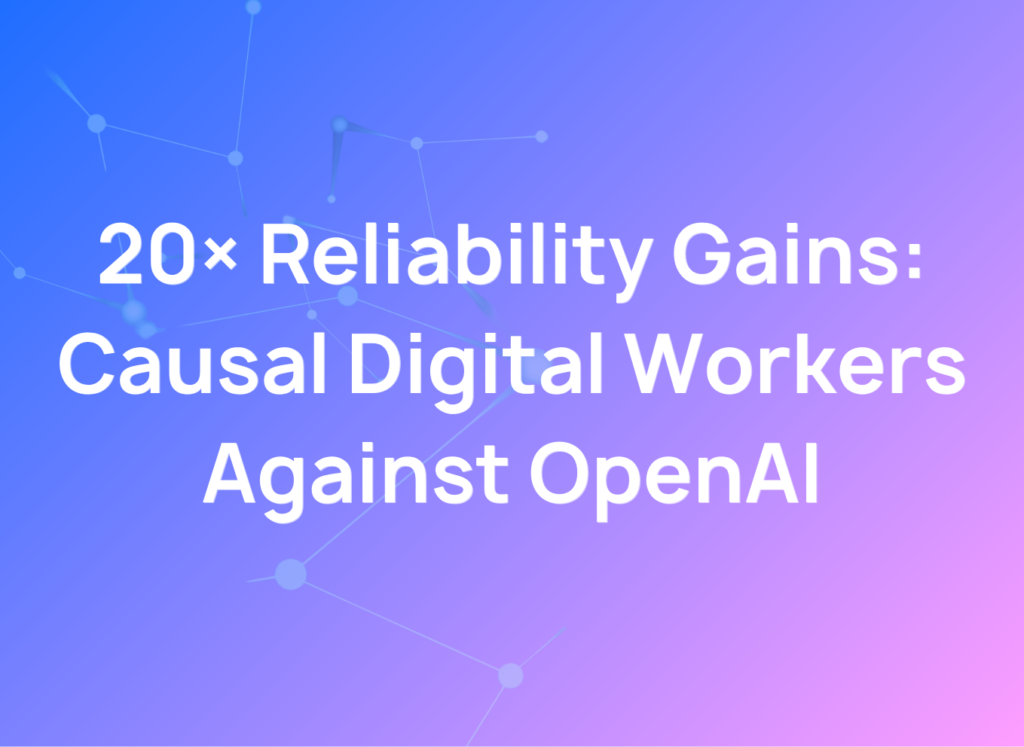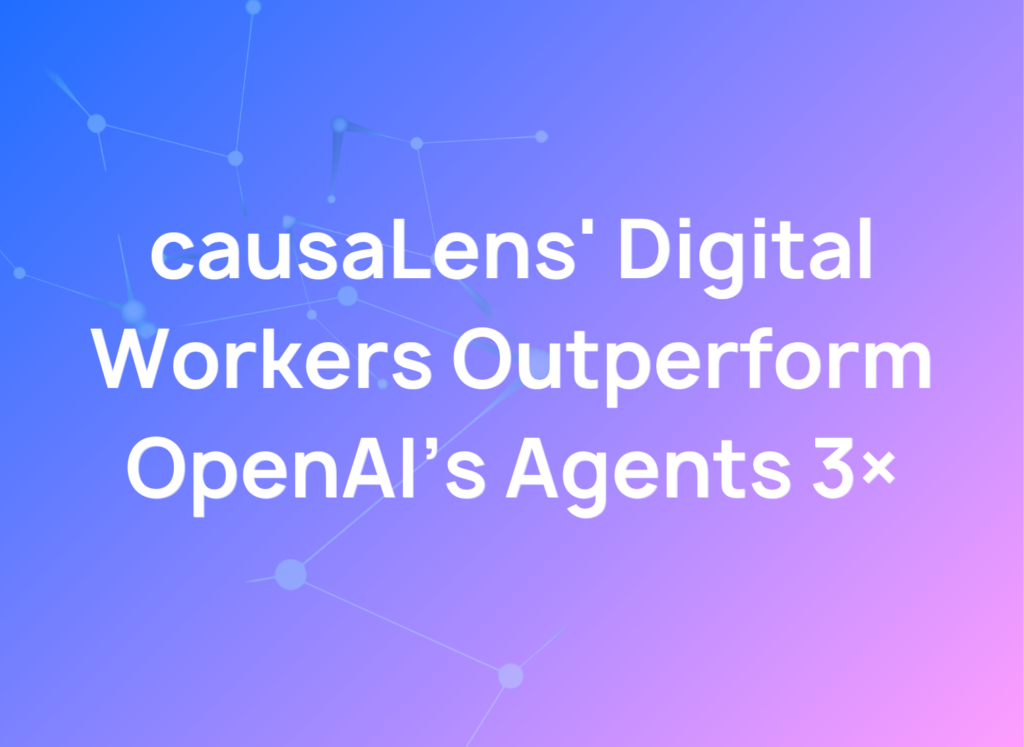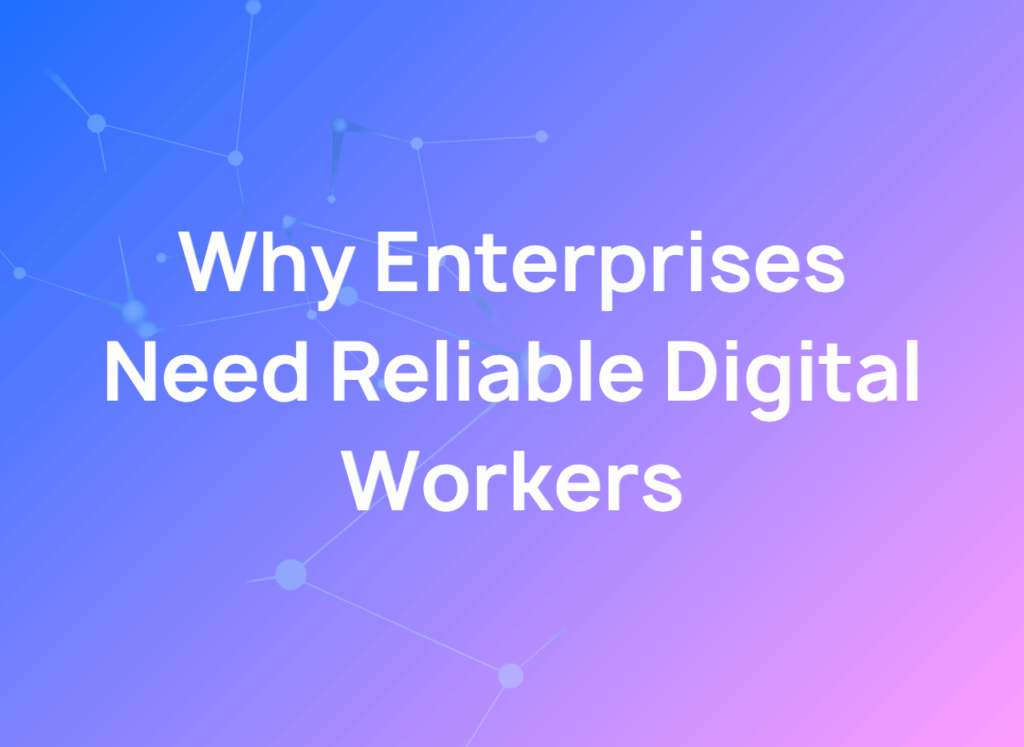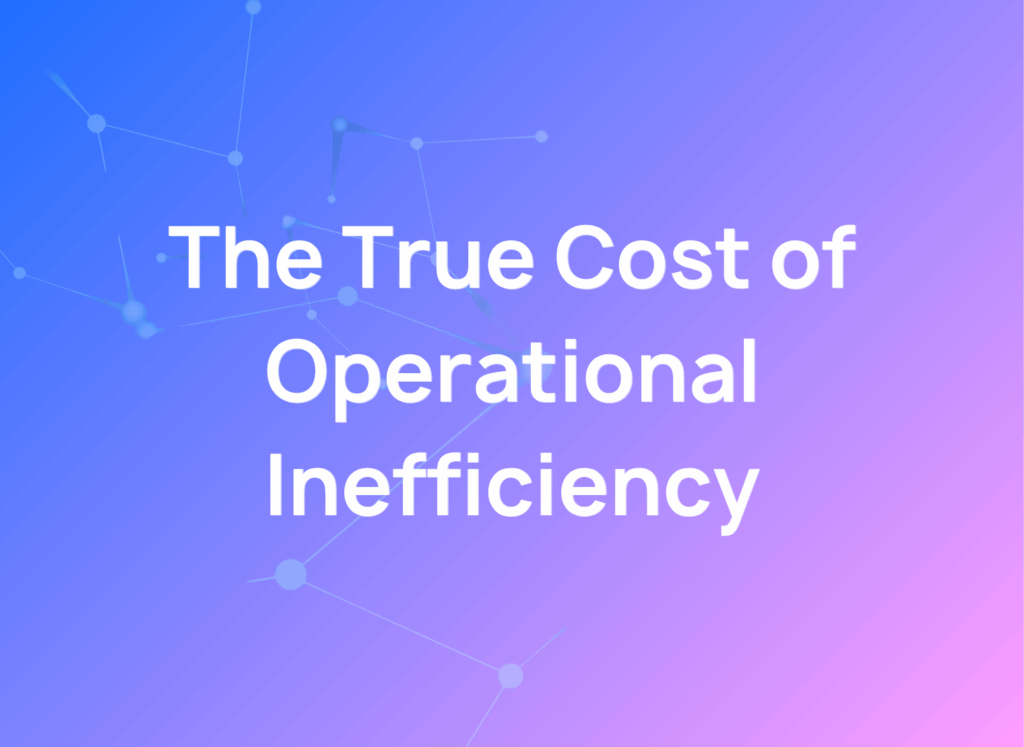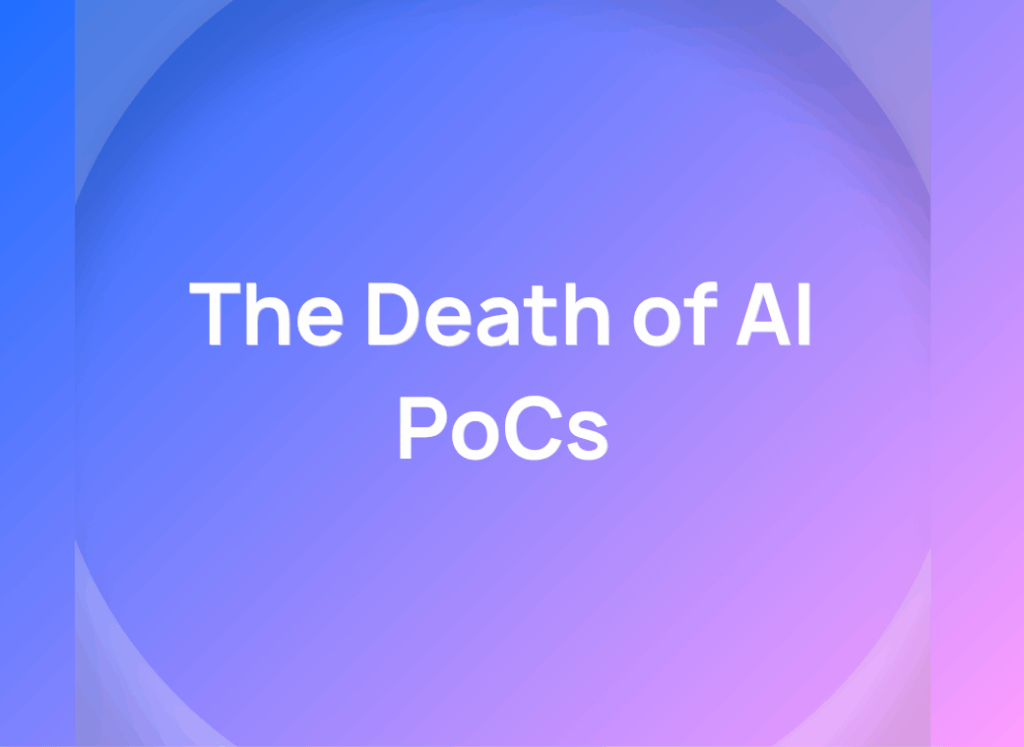How Autonomous AI Agents Are Transforming Data Analysis
How Autonomous AI Agents Are Transforming Data Analysis
What are Autonomous AI Agents?
Autonomous AI agents are reshaping data analytics by automating tasks entirely. These agents eliminate the need for tools or human intervention, streamlining end-to-end workflows in the $500 billion data analytics market. Of this, $100 billion goes to tools and $400 billion to labor. AI agents now replace these traditional processes, delivering unparalleled efficiency, scalability, and outcomes.
The power of autonomous AI agents lies in their ability to learn, adapt, and improve over time. These agents use advanced machine learning algorithms to analyze data and make predictions based on patterns and trends. As more data is processed, the AI agent continues to improve its accuracy, providing valuable insights for decision-making. This means that unlike traditional methods where human error can occur, these agents provide reliable and consistent results every time.
Are AI Agents Creating a New Paradigm?
AI is no longer just enhancing human workflows; it’s replacing them. Autonomous agents take over complex processes, eliminating fragmented steps and integrating statistical, domain, and causal reasoning into a seamless solution. For example, they ingest raw data, process it, and generate actionable insights faster and more accurately, with minimal cost or effort.
Autonomous AI agents are disrupting traditional consultancy models, offering a faster, more efficient, and cost-effective alternative. With their ability to handle large volumes of data and perform complex tasks with ease, they offer significant time-saving benefits for decision-makers. Furthermore, these agents can be deployed quickly and scaled effortlessly as a business grows.
By leveraging advanced technologies such as machine learning, deep learning, and natural language processing, autonomous agents can understand complex relationships between variables in data sets without human intervention. They continuously learn from data inputs and adapt to changing environments, making them intelligent assistants that optimize decision-making.
Can We Trust Autonomous AI in High-Stakes Industries?
Causal reasoning ensures AI decisions are transparent and reliable. High-stakes industries like finance and healthcare cannot afford errors or black-box decisions. That’s why our autonomous AI agents leverage causaLens' #1 causal reasoning toolkit to deliver mathematically sound, explainable insights. This transparency builds trust and minimizes risk in environments where even a small error can have serious consequences.
With autonomous AI, businesses can confidently make high-stakes decisions knowing that they are based on a combination of machine learning and human domain expertise. Our AI agents provide clear explanations for their decisions, allowing executives to fully understand the factors contributing to each insight. This empowers them to make well-informed, strategic decisions that drive positive outcomes.
In addition, our elite team of data scientists constantly monitor and update our algorithms to ensure accuracy and relevance in an ever-changing business landscape. This level of expert support ensures that our AI solutions continue to deliver reliable insights even as industries evolve.
Digital workers are the future of analytics
What Happens to Existing Tools and Technologies?
Traditional analytics tools are becoming obsolete. Traditional analytics tools are becoming obsolete. Platforms like business intelligence tools, ETL processors, and visualization software created a bridge between analytics needs and implementation. With AI agents, this intermediary layer is no longer necessary. Tools are replaced by agents that answer questions, analyze data, and deliver outcomes without human input.
Are Consulting and Outsourced Operations Relevant?
AI agents are transforming consulting and outsourcing models. AI reduces reliance on consultants, system integrators, and outsourced analytics teams that once managed these complexities. Businesses no longer need to pay exorbitant fees or rely on external vendors for insights, as autonomous AI agents deliver the same results at 80–90% cost savings.
Will AI Eliminate Human Roles?
AI shifts human roles into governance and strategy. Rather than eliminating humans entirely, AI empowers them to focus on higher-level tasks such as overseeing AI systems, aligning strategies, and maintaining ethical standards. Roles like “Agent Chief of Staff” will emerge, blending technical expertise with strategic responsibility. This evolution enhances human impact rather than replacing it.
Why Adopt a Full Stack AI Approach Now?
The current advancements in large language models (LLMs) and specialized tools have unlocked unprecedented automation opportunities. These systems integrate seamlessly into enterprise functions to automate workflows and deliver outcomes at record speed. Businesses that adopt AI now will gain a competitive edge, with faster insights, lower costs, and scalable integrations.
What Does the Future Hold for Data Analytics?
Autonomous AI agents represent a foundational shift in analytics and business operations. They eliminate bottlenecks, reduce reliance on legacy systems and consultants, and empower organizations to use data as a driver of growth and profitability. Businesses that fail to adapt risk becoming obsolete in this rapidly evolving landscape.
Final Thoughts
The path forward demands bold action. Organizations must rethink their strategies and embrace cutting-edge solutions to lead in digital transformation. causaLens autonomous AI agents are the bold action required, empowering businesses to make smarter decisions, drive efficiency, and shape the future. Don’t wait; leverage causaLens autonomous AI solutions and start building the future today.
We’re moving from a world where data science was a craft, requiring bespoke pipelines, custom code, and high-touch human oversight, to a world where digital workers handle the entire analytics lifecycle autonomously.
Darko Matovski, Founding CEO, causaLens
